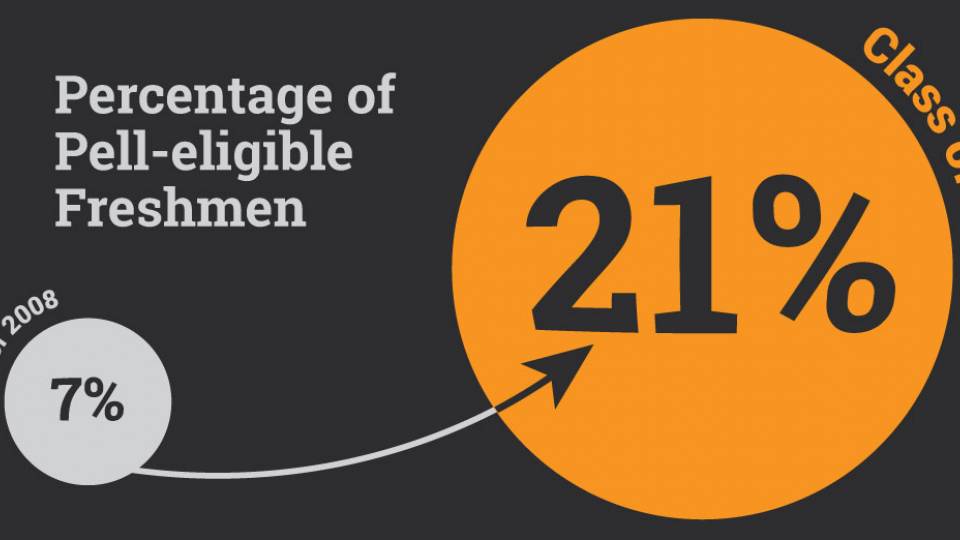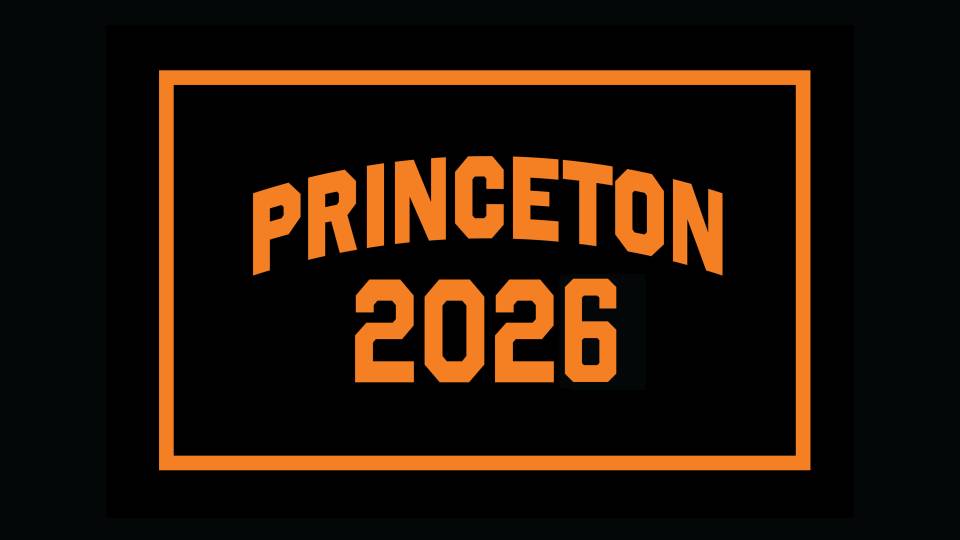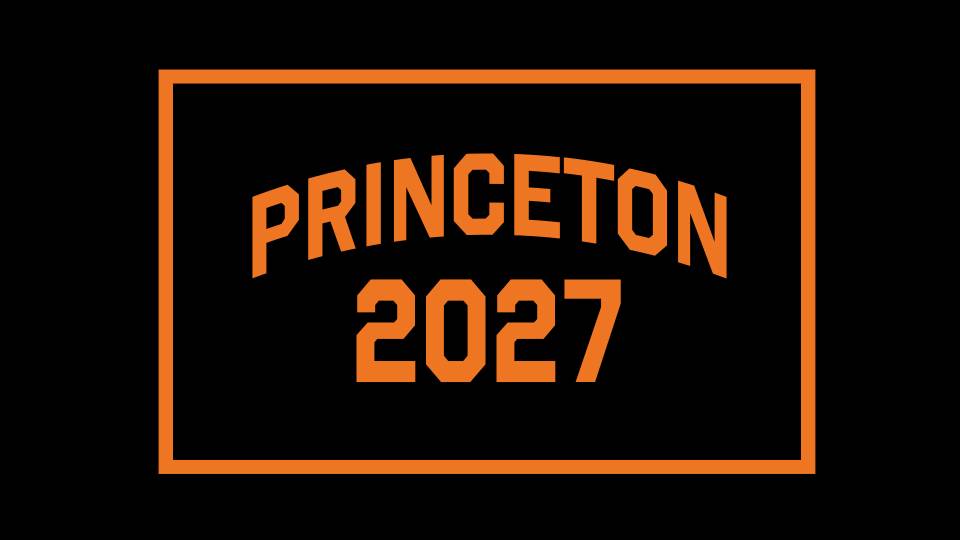Princeton University President Christopher L. Eisgruber was in Washington, D.C., Thursday, attending a White House event on increasing college opportunity for low-income and disadvantaged students. The summit of education leaders included remarks from President Barack Obama, First Lady Michelle Obama and U.S. Secretary of Education Arne Duncan.
"The White House presented compelling evidence that selective higher education has especially powerful benefits for students from low-income families," Eisgruber said following the event. "First Lady Michelle Obama, a member of Princeton's Class of 1985, delivered this message in an inspirational speech, during which she spoke in moving terms about her experiences at Princeton. The First Lady's comments will undoubtedly resonate with Princetonians, and I hope that our community will rally in support of her call to increase the number of low-income students who get college degrees here and elsewhere."
The Jan. 16 event was part of the White House's launch of a plan of action to make college more accessible to low-income and other students. Eisgruber also participated in a dinner Wednesday with senior Obama administration officials and other college and university presidents.
"We at Princeton University agree with the President and the First Lady that America's universities must educate more low-income students in the years to come," Eisgruber said. "We look forward to participating in that effort by attracting more low-income students to Princeton and ensuring that they flourish here."
President Obama and Michelle Obama addressed the gathering Thursday morning. Mrs. Obama recalled how when she arrived on campus as a freshman in 1981, she didn't even bring the proper size sheets for her bed. But she found support at the Third World Center, what is now known as the Carl A. Fields Center for Equality and Cultural Understanding.
She credited the center as a crucial contributor to her social and academic success. "They were there to listen … and to answer the questions I was too embarrassed to ask anyone else," she said.
As part of the White House summit, Eisgruber submitted a statement outlining initiatives the University may launch to further increase the number of low-income students enrolled at and graduating from Princeton, as well as ways to build on the University's current efforts. In 2001, Princeton was the first university to replace loans in its financial aid package with grants that do not have to be repaid.
Princeton's new commitments outlined in the statement include:
- The University is seeking to expand its partnership with Leadership Enterprise for a Diverse America (LEDA), a national program that brings talented, low-income high school seniors to the Princeton campus each summer for courses and college counseling. Princeton enrolls a higher number of LEDA alumni than any other institution and hopes to grow the number of students who benefit from the summer program by at least 50 percent.
- The University is raising funds to develop a new module of its Freshman Scholars Institute (FSI) for students interested in science, technology, engineering or math. FSI helps eligible Princeton students, including talented students from low-income families, make the transition to the rigor of a Princeton education.
- The University is further increasing its efforts to identify and recruit students from low-income families across the country. Princeton already waives application fees for low-income students and has a new admission officer to provide outreach and support to these students during the admission process.
"Princeton University seeks to attract, retain and successfully graduate students from all socioeconomic backgrounds, including students from lower-income families," Eisgruber said. "We believe that a commitment to socioeconomic diversity must certainly include an increased number of students from very low-income families, but it should sweep more broadly than that."
The steps outlined by Eisgruber will build on Princeton's ongoing efforts to increase the socioeconomic diversity of its student body, and to support lower-income and other talented students to succeed at Princeton. Examples include:
- The expansion of the University's undergraduate student body during the past decade to educate more students, including more low-income students.
- The adoption of Princeton's pioneering no-loan financial aid program, which offers students the opportunity to graduate without debt. During the past decade, the percentage of undergraduates receiving aid has risen from around 38 percent to around 60 percent.
- The multiple University programs that support lower-income students, including: LEDA; FSI; the Princeton University Preparatory Program (PUPP), which prepares disadvantaged New Jersey students for admission to selective colleges; and the Graduate School's Princeton Summer Undergraduate Research Experience (PSURE), a summer research experience for undergraduates from across the country who express a serious interest in pursuing doctoral studies. The PSURE program especially encourages undergraduates who are underrepresented minorities, from socioeconomically disadvantaged backgrounds or from liberal arts colleges.




